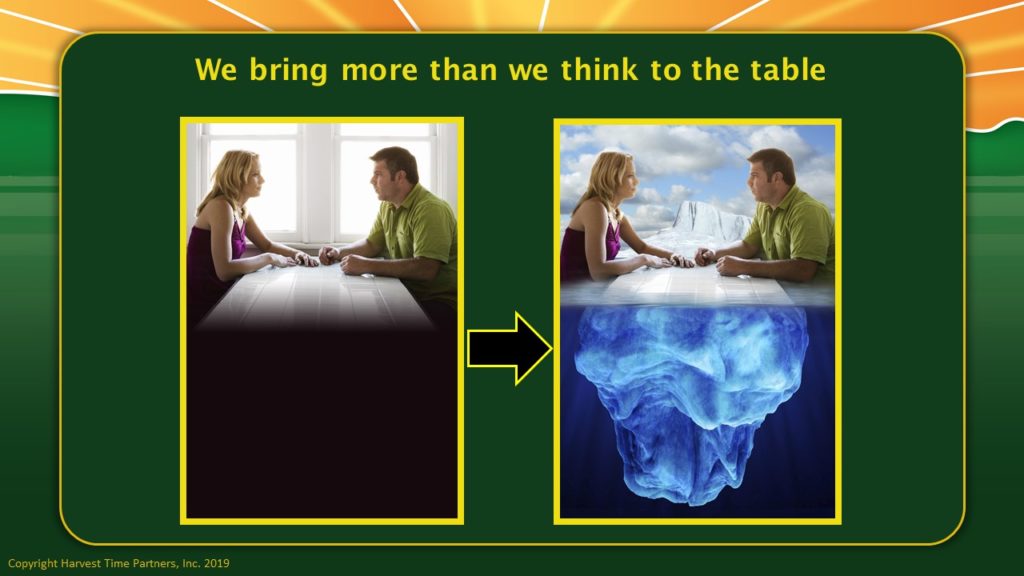As we all continue to wrestle with a world that grows more complex, intense, and uncertain, we often hear from the world’s foremost thinkers, doers, and motivators…and occasionally from the well-meaning, kitchen table coach within our inner circle, that we just need to be more resilient to reach our hopes and dreams in this world. While I am sure we all agree that resilience, sometimes referred to as grit, is a critical component to reaching our full potential, we are many times left wondering how to deliver on it after the pump-up speech has ended.
As we continue on our journey to build and strengthen our character, resilience is one of those principles we need to have in our quiver to be our best for those we care about most. The next two blog posts will be about bringing some practical, proven steps to strengthen our resilience as a key dimension of our character.
There are several ways to describe resilience and for brevity’s sake we will just simply define it as the mental, emotional, and physical strength to continue on after a difficult setback or failure. If we lived more than a few years in this world, we have encountered what probably seems like to us more than our fair share of disappointment, despair, failure, and a few other unpleasant experiences in our roles in the home, work, and community. We are all still nursing a few wounds despite the costume party we still attend on most days.
For Part I on this message, the first important step to be resilient after a setback is to refocus on Purpose.
Similar to a boxer after getting knocked down and feeling a bit dizzy, when we experience a tough setback it can literally take our breath away and cause us to be somewhat unstable and on shaky ground. The purpose of that boxer is to catch his breath, get back to his feet, and refocus on the Purpose of winning the fight.
When we can take our first step and re-focus on our Purpose (being a loving parent, a committed spouse, a hard-worker, a loyal friend, an intentional servant where there is a need, etc.) we accomplish several things in the context of being resilient:
- Purpose helps us take the long-term view. When we can refocus on the long-term goal, we are more emotionally effective in handling the near-term obstacles that come our way.
- Purpose has a palpable rallying cry that helps us muster our internal strength to rise up and get back into the fight. We all possess the capacity to fight the good fit when we have a purposeful life. When we can refocus on purpose, we tap into an inner reserve of strength.
- Purpose provides us focus to channel what energy we have left to carry on. Without a clear purpose, we wander aimlessly and burn up a great deal of energy inefficiently. Purpose harnesses our limited energy to get back into the fight.
As we refocus on our Purpose after experiencing a setback or disappointment, we will take the first step in becoming resilient which will help us build and strengthen our character and Character Creates Opportunity to be our best for those we care about most.
In Part II next week, we will touch on the second step in becoming resilient to more effectively handle the challenges we face in our lives.






